President Ho Chi Minh 's revolutionary journalism works have left a great and extremely valuable legacy for today's journalism. That is the assessment of journalist Dilbert Reyes Rodríguez, acting editor-in-chief of Granma newspaper - the mouthpiece of the Communist Party of Cuba - when interviewed by a VNA reporter on the occasion of the 100th anniversary of the Vietnamese Revolutionary Press (June 21, 1925 - June 21, 2025).
According to journalist Dilbert Reyes Rodríguez, 100 years ago, on June 21, 1925, when Ho Chi Minh founded Thanh Nien newspaper - the first revolutionary newspaper in Indochina, he began to spread Marxist-Leninist ideology through its pages. This had a decisive significance in laying the foundation for the later establishment of the Communist Party of Vietnam in February 1930.
In other words, promoting these values has built the ideological foundation for journalism that President Ho Chi Minh left as a legacy for today.
It was these levers that allowed stories about the years of struggle for independence and national reunification - recorded by Vietnamese journalists in fierce war conditions and dangerous mountains - to be transmitted to future generations.
It can be affirmed that the role of the Vietnamese revolutionary press is a decisive element in forming a solid political culture, helping to unite the entire people with the belief in national independence, fighting against foreign invaders and under the leadership of the Communist Party of Vietnam, building a unified, autonomous, beautiful and modern country.
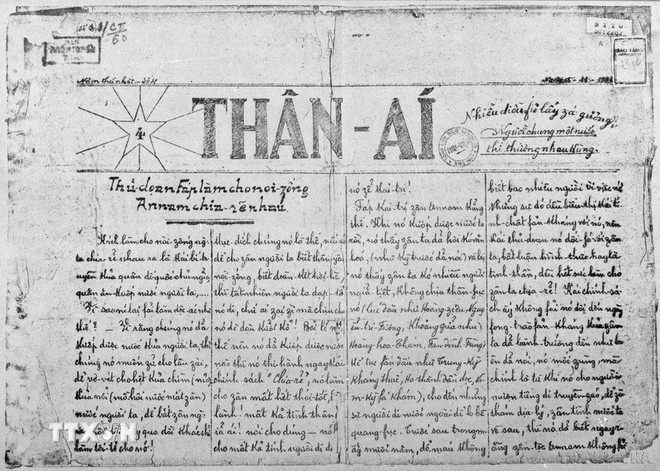
Vietnam's revolutionary press, with 100 years of formation and development, still retains the mark of the beloved leader Ho Chi Minh.
Journalist Dilbert Reyes Rodríguez commented that the Vietnamese press plays the most important role on the ideological-cultural front and continues to make great contributions to the country's revolutionary cause.
The press and media have accompanied the Vietnamese people in their heroic struggles, as well as in the new development stage of the country today.
It can be said that revolutionary journalism in Vietnam is still in tune with the spirit of the times and the lives of the people - a journalism born from the revolutionary process itself, confronting and defeating powerful forces, contributing to the decisive victory on April 30, 1975.
Sharing about the role of the press and journalists, as well as the opportunities and challenges of journalism in the era of the 4.0 industrial revolution and artificial intelligence (AI) technology, journalist Dilbert Reyes Rodríguez said that building and perfecting policies to promote research, development and application of digital tools, taking people's happiness as the central goal must be the principle governing the development and use of AI.
The ethical and prudent use of technology in journalism cannot be overlooked, in order to prevent the risk of abuse and protect the legitimate rights and interests of organizations and individuals.
These principles, many of which are reflected in Decision No. 127 dated January 26, 2021 of the Prime Minister of Vietnam on promulgating the Plan for Research, Development and Application of AI to 2030, were shared by Cuba.
In journalism, both in Vietnam and Cuba, the application of advanced technologies will contribute to improving the quality of information, protecting the ideological foundation and moving towards more accurate journalism, based on the effective exploitation of big data. Thereby contributing to the development of media organizations.
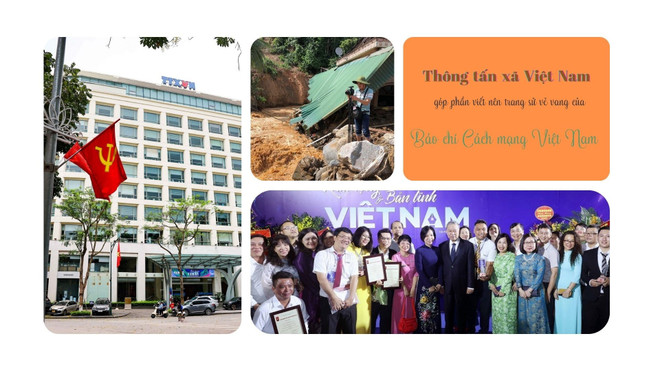
Assessing the role of VNA in the Vietnamese revolutionary press system on the occasion of the 80th anniversary of its founding (September 15, 1945 - September 15, 2025), the acting Editor-in-Chief of Granma newspaper emphasized that the establishment of VNA just 2 weeks after the Declaration of Independence as the first news agency of the new nation is a milestone of historical significance for the revolutionary press.
He expressed his impression that VNA has diversified its information channels to fulfill its foreign affairs mission, with publications such as Vietnam News, Le Courrier du Vietnam, VietnamPlus, and an online portal providing news in six languages. These are the strengths that make VNA increasingly important and reachable.
By disseminating Vietnamese news internationally, VNA platforms have contributed to raising awareness of the Party and State's policies and guidelines; while also meeting the information needs of foreign media systems and the overseas Vietnamese community.
According to journalist Dilbert Reyes Rodríguez, to better fulfill its social mission, VNA is known in the regional and international media ecosystem through the deployment of a wide network of reporters in all provinces and cities in the country and in dozens of countries around the world.
This deployment, together with the quality of journalists and modern technological infrastructure, has allowed VNA to successfully perform its role of criticizing and protecting the truth, in the context of the international media ecosystem being heavily influenced by large information corporations.
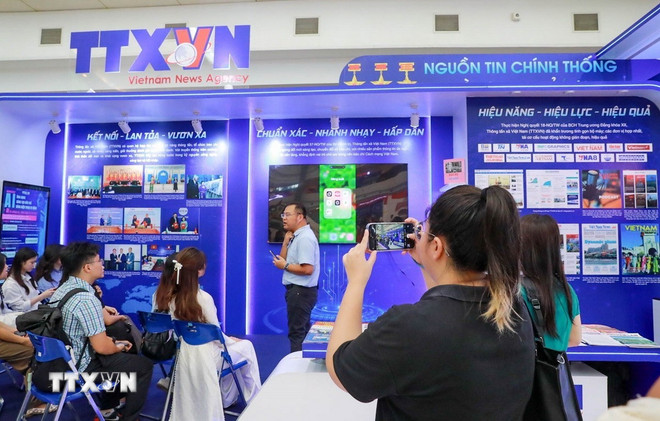
In Latin America, VNA's media products - including those that take full advantage of AI and those deployed across various media platforms such as print, web, mobile and social media - have effectively contributed to preventing fake news and biased commentary from spreading.
This is very important in protecting the image of Vietnam as well as other countries in the region.
According to journalist Dilbert Reyes Rodríguez, the growing reach of VNA products has become a “weapon to protect the truth” for the benefit of the people, while spreading the message of peace, solidarity and mutual complementarity among nations.
Acting Editor-in-Chief Dilbert Reyes Rodríguez shared that in journalism production, VNA and Granma can find a solid foundation for cooperation and exchange. The journalist believes that if each side leverages its strengths into this strategic unity, the results will be very strong.
He said that the two sides have great potential for cooperation, especially in sharing content regularly, so that VNA's products are reflected on Granma's platforms and vice versa, thereby helping Cuban and Vietnamese people access real information and gain a deep understanding of each other's country and people.
Furthermore, according to journalist Dilbert Reyes Rodríguez, the international reach of each media outlet will be leveraged and each side's audience will be expanded.
Similarly, with the technological developments achieved by VNA, Granma can access resources and tools that are limited due to the US economic embargo and policies.
Furthermore, this will be a very important contribution for Granma in its goal of modernizing its content production process, facilitating the expansion of its readership reach and making a leap in quality, learning from the successful experience of VNA - a key media agency in a sovereign socialist society./.
Source: https://www.vietnamplus.vn/nha-bao-cua-di-san-ho-chi-minh-tiep-tuc-soi-duong-cho-bao-chi-cach-mang-viet-nam-post1045450.vnp


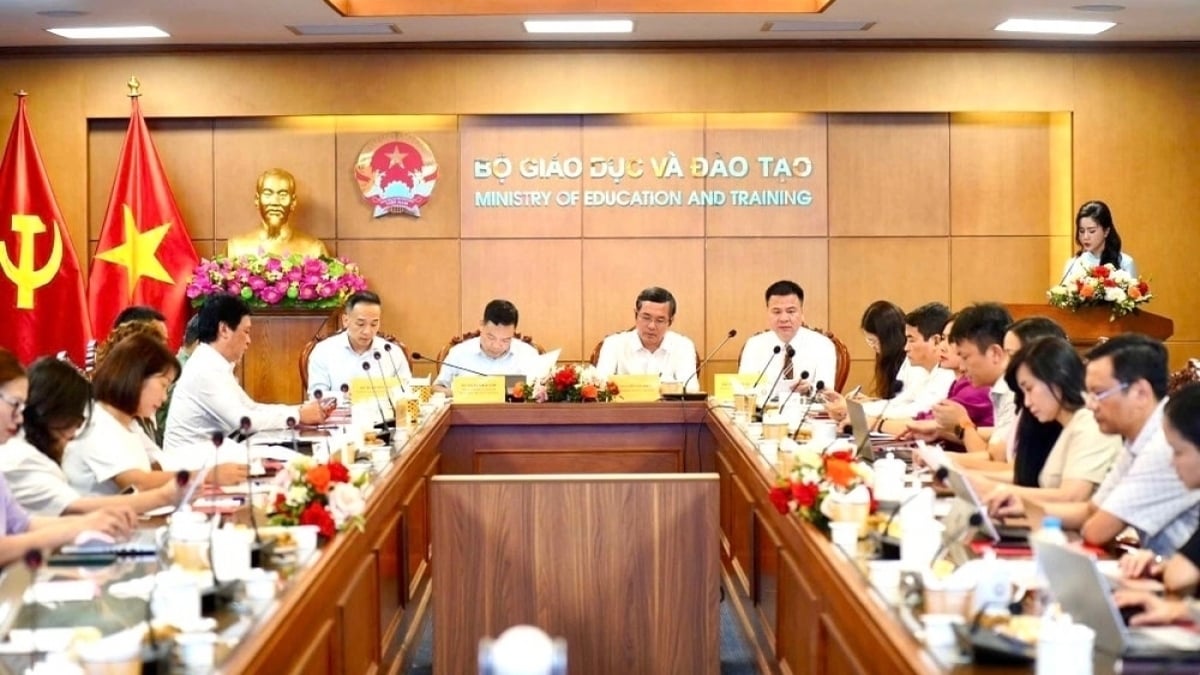

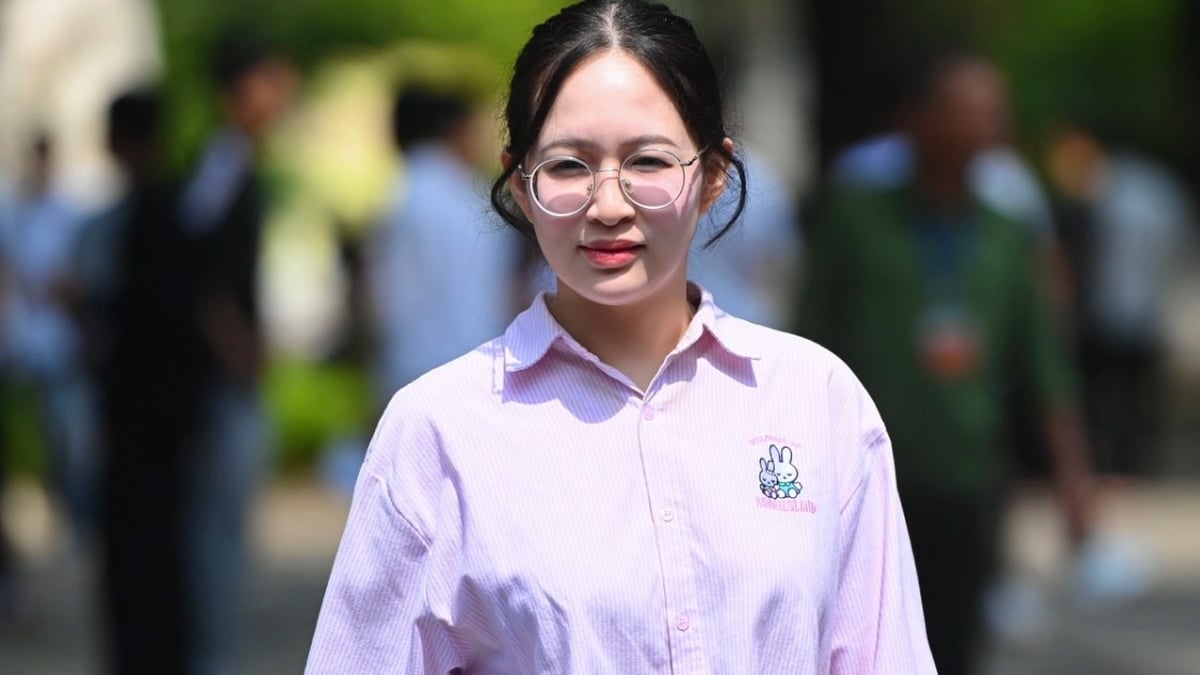
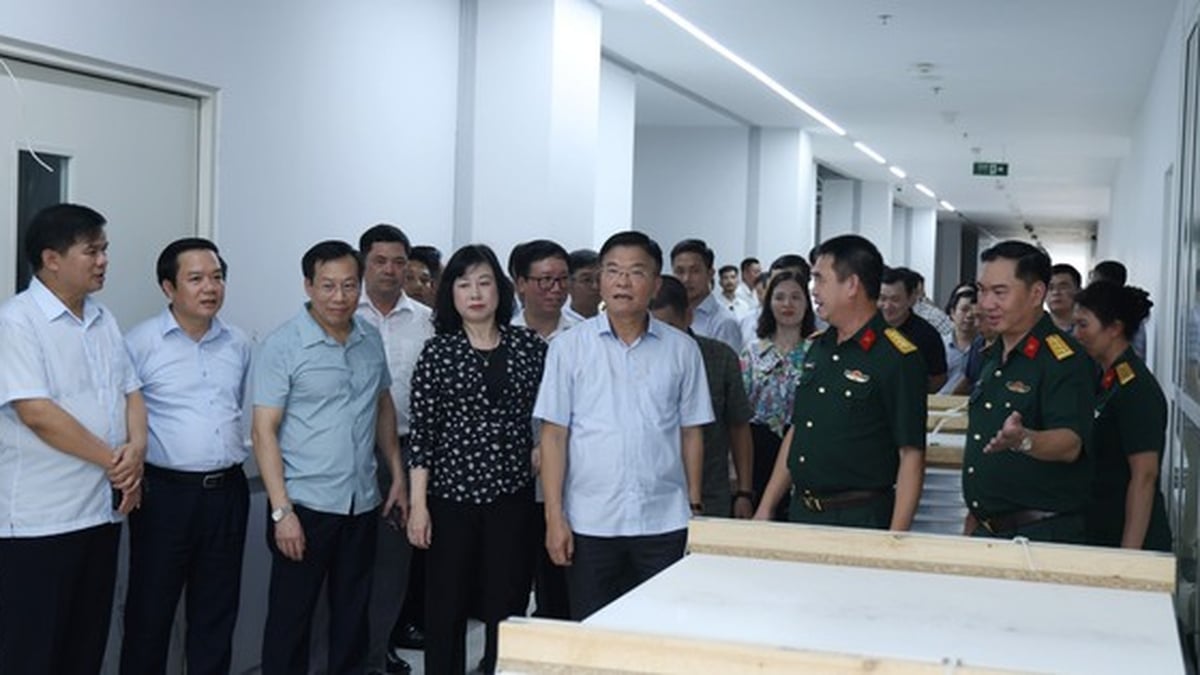
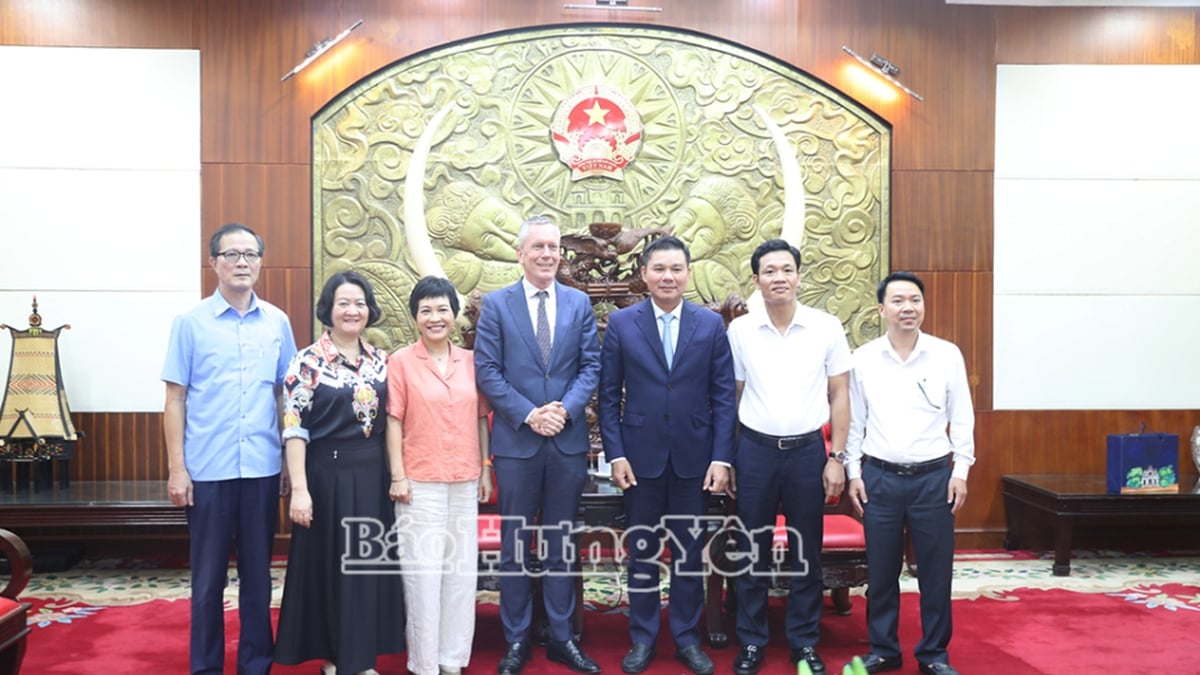
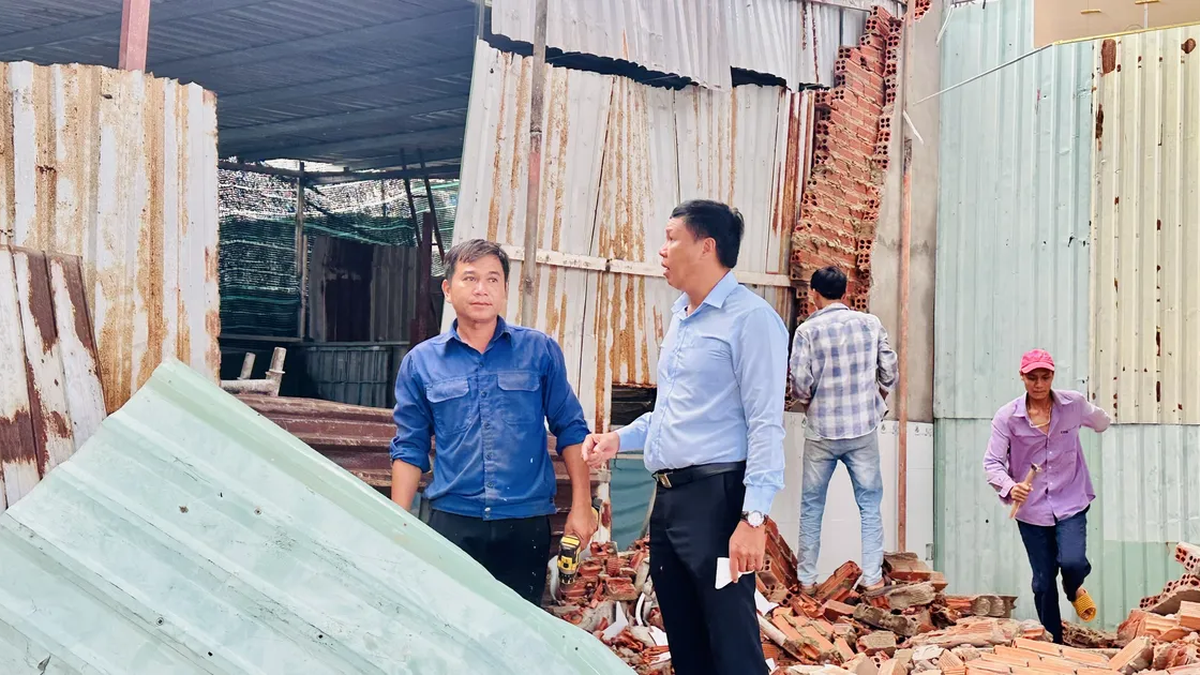
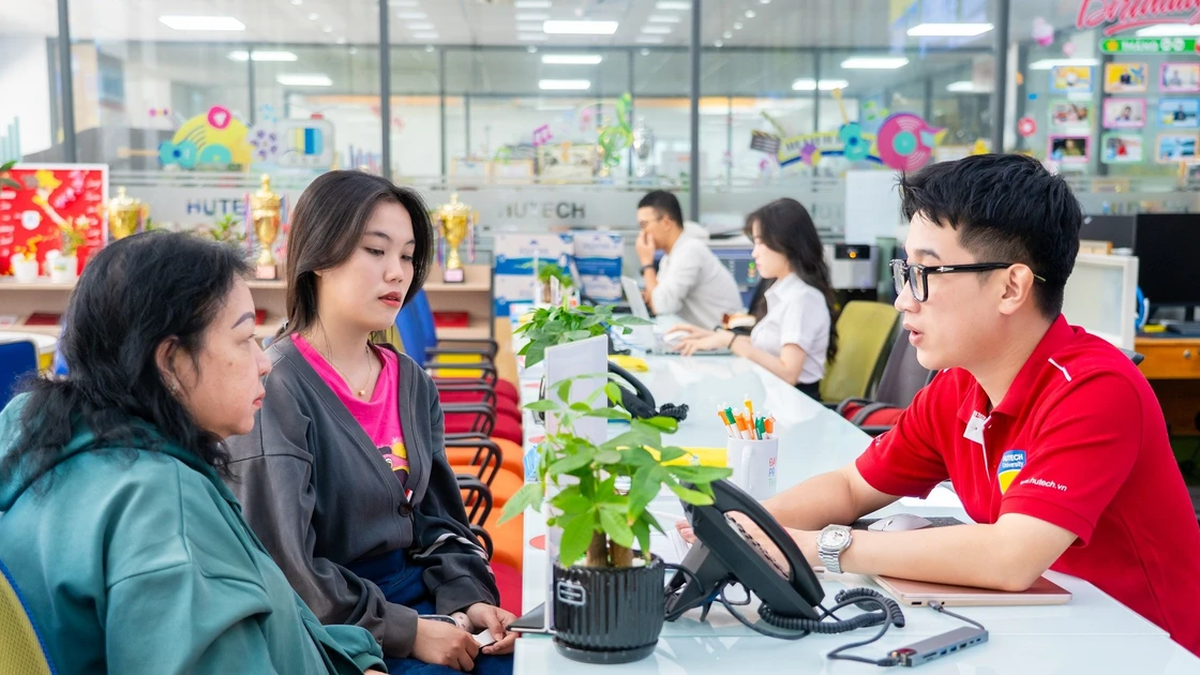
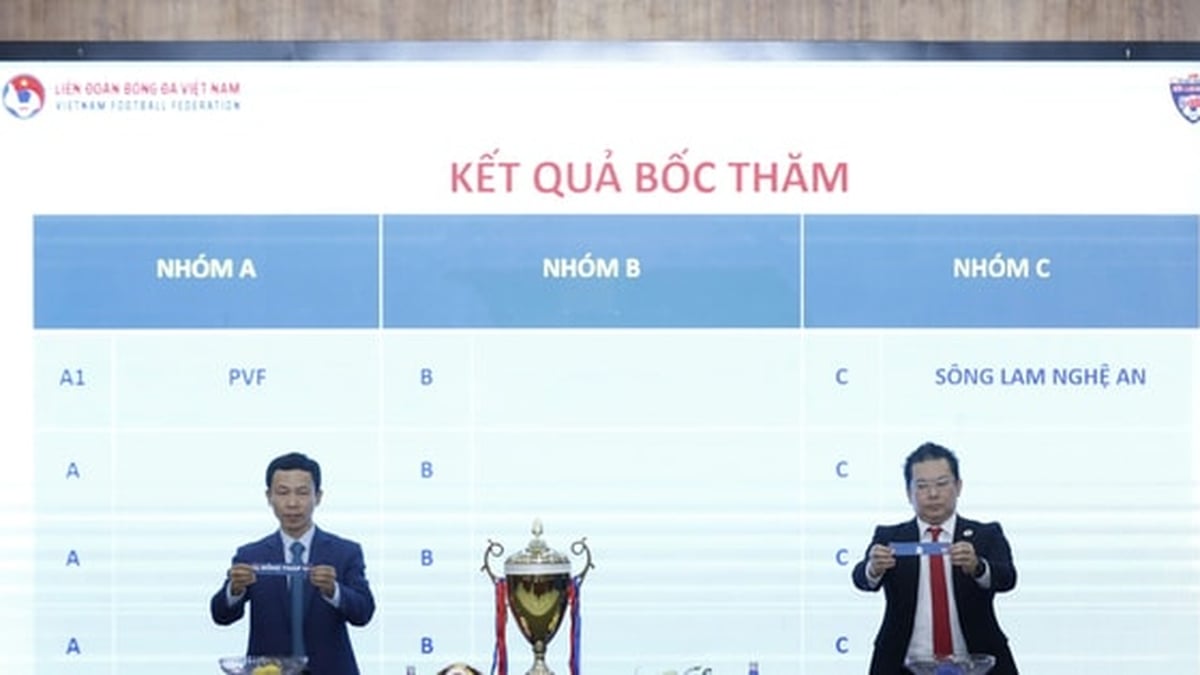
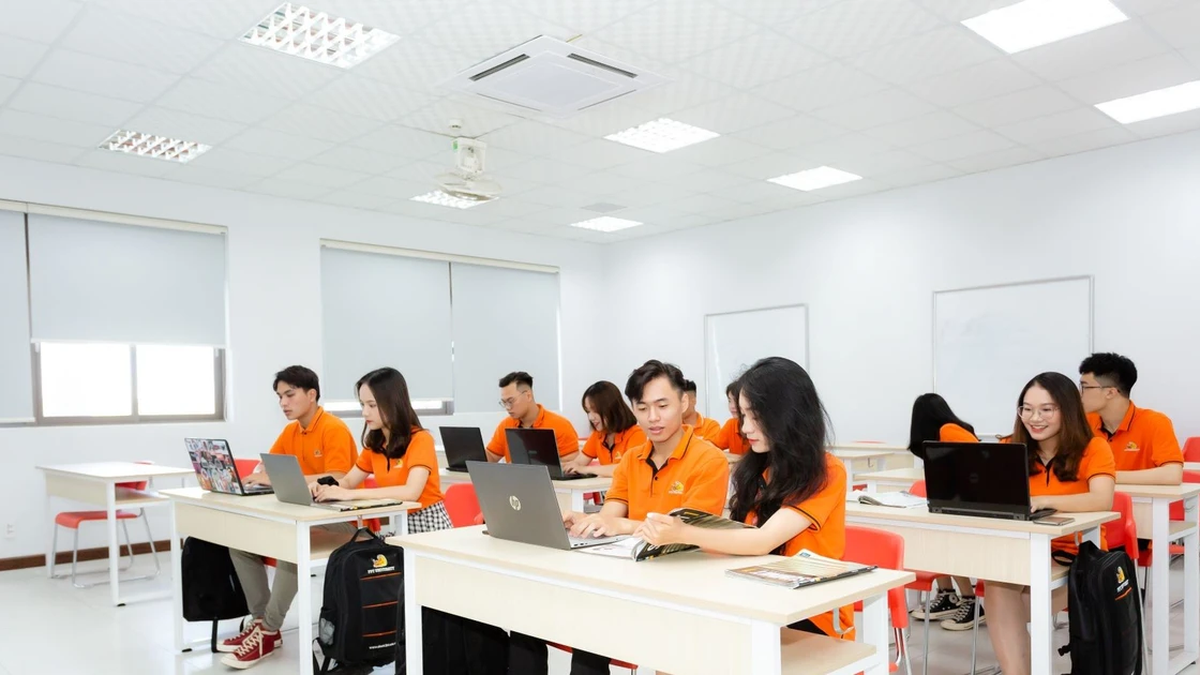
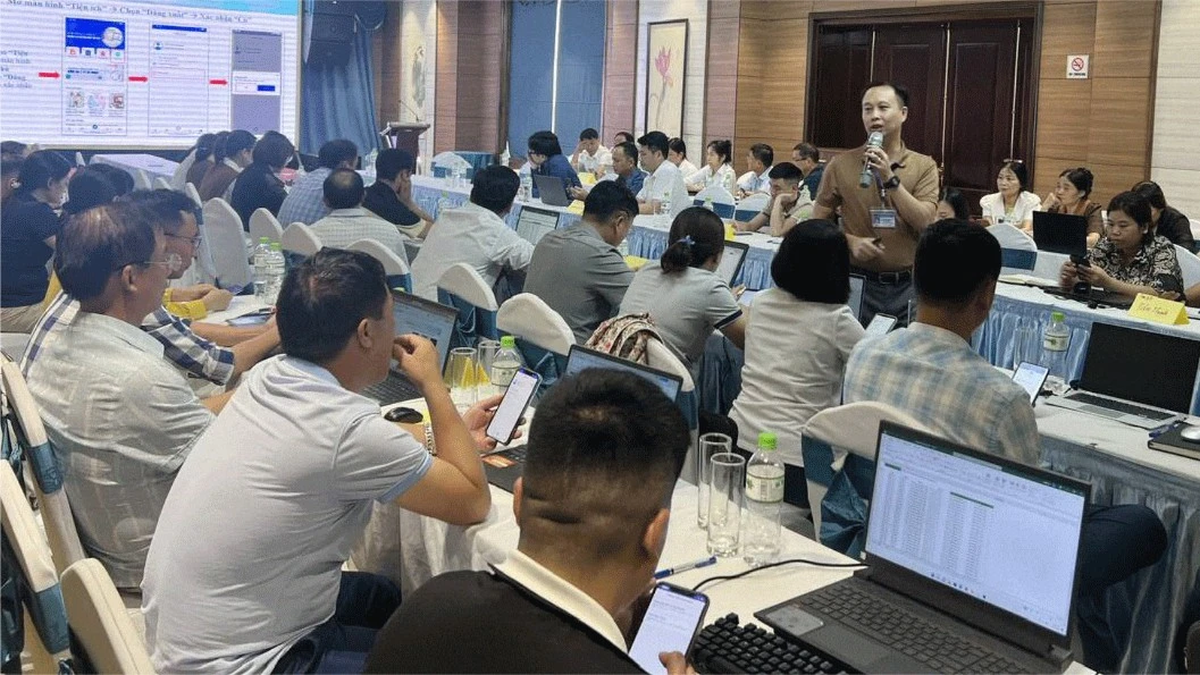







































![[Maritime News] More than 80% of global container shipping capacity is in the hands of MSC and major shipping alliances](https://vphoto.vietnam.vn/thumb/402x226/vietnam/resource/IMAGE/2025/7/16/6b4d586c984b4cbf8c5680352b9eaeb0)

















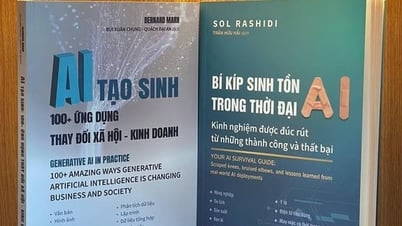

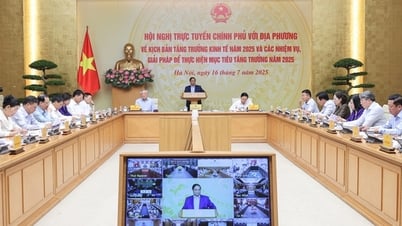
























Comment (0)